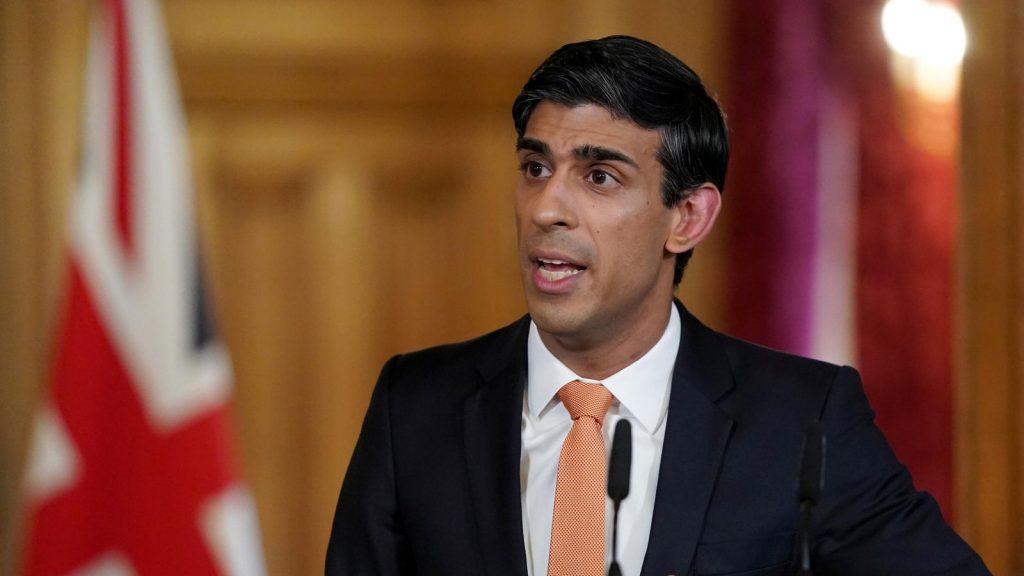Thousands of business apply for new lockdown survival loans

Banks have reported high volumes of interest in the scheme, which offers loans of between £2,000 to £50,000 that are 100% guaranteed by the government.
The money is interest and payment free for the first year – with rates of 2.5% per annum after the first 12 months.
Ministers say access should be easier for firms to navigate as the standardised form has only seven questions.
Banks handling the loans will not be required to run credit checks or assess the long-term viability of applicants.
HSBC said it had received 12,830 loans by midday – three hours after the system opened.
Lloyds had 2,000 applications in the first two hours, with an average loan size request of £35,000.
Barclays had reported 200 in the first minute, saying it had already approved each of them.
The bank reported high demand for the service. It is understood it took over 1,000 applications in the first couple of hours.
A Barclays spokesperson said: “We launched the Bounce Back Loan scheme this morning and have already processed significant numbers of applications for our customers.
“Due to the extremely high level of demand, some customers will see availability later on today.
“Getting funds out to small businesses as quickly as possible is our number one priority right now and we’re working as fast as we can to get funds into the hands of our customers.”
As the micro loans got into gear the government confirmed the Job Retention Scheme, known as the furlough scheme, was covering wages of up to £2,500 a month for 6.3 million workers at a cost of £8bn.
The Bounce Back Loans, of up to six years, were revealed by the Chancellor just a week ago amid frustration that money from the Coronavirus Business Interruption Loan Scheme (CBILS), designed for small and medium-sized firms, was slow to leave banks.
Lenders are liable for 20% of the risk under CBILS and business groups said evidence of lenders dragging their feet meant the taxpayer should underwrite 100% of the loans.
The speed of processing applications under the scheme has drawn unfavourable comparisons with similar initiatives in Germany and Switzerland.
Senior banking executives told the Commons Treasury select committee on Monday that the primary reason was that those countries had offered 100% state guarantees from the start.
“That therefore alleviated some of this pressure on banks to do affordability and the viability checks,” said David Oldfield, chief executive of commercial banking at Lloyds.
Banking industry figures last Thursday revealed that £4.1bn had been dispersed to more than 25,000 firms under the CBILS scheme to date.
The Treasury said in a statement: “The Bounce Back Loan scheme is the latest step in a package of world-leading support measures launched by Chancellor Rishi Sunak – with £7.5bn already awarded in business grants, four million jobs supported through the job retention scheme and generous tax deferrals supporting hundreds of thousands of firms.”
Mr Sunak added: “Small businesses will play a key role creating jobs and securing economic growth as we recover from the coronavirus pandemic.
“The Bounce Back loan scheme will make sure they get the finance they need – helping them bounce back and protect jobs.”









